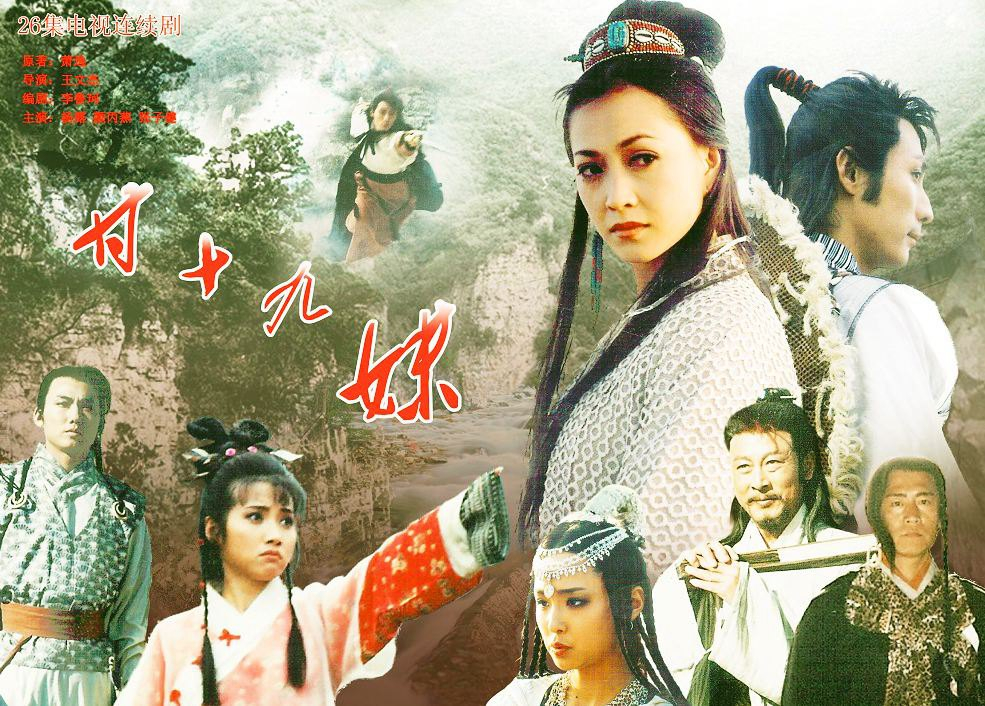Chinese martial arts novelist Shiao Ching-jen dies at 83
Chinese Wuxia (martial arts) novelist Shiao Ching-jen, more widely known by his pen name Xiao Yi, died of lung cancer in Los Angeles, the U.S. on Monday, according to the Chinese Writers Association of North America. He was 83.
His death is only 20 days after the Chinese literary world lost another guru in wuxia novels, Cha Leung-yung (known by his pen name as Jin Yong) on October 30.
For many Chinese wuxia novel readers, Shiao, who was born in Beijing, enjoyed equivalent fame with Jin Yong. He was often mentioned with Cha as the “Nan Jin Bei Xiao” (Jin of the south and Shiao of the north).

File photo of Shiao Ching-jen, more widely known by his pen name Xiao Yi.
During the past decades, Shiao wrote at least 55 wuxia novels, including several novellas. Many of them have been adopted into TV series and films, with their influences spreading across the country.
His novel “Gan Shijiu Mei” (“Sister Gan 19”) depicting the love tragedy of chivalrous hero Yin Jianping and heroine Sister Gan 19, was adapted into a TV series by Shandong Television in 1995, earning him nationwide popularity. The TV series remains a part of the collective memory of a generation.
Shiao was the good friend of wuxia novelist Xiong Yaohua (known by his pen name Gu Long), and the two started to write at about the same time. However, compared with the wuxia novelists who tended to imitate Gu Long’s writing style, Shiao maintained his own style.
He put a lot of focus on creating the atmosphere while at the same time depicting conflicts in humanity.
“I came to realize that the breakthrough lies in the depiction of the human nature. As long as you observe carefully enough, breakthrough in writing is at hand,” Shiao once said in an interview.

A poster of the 1995 TV series “Sister Gan 19.” /Photo from The Paper
Shiao once said that the so-called wuxia spirit, or chivalrous spirit of the wuxia world, is the great sympathy towards the world and all the creatures, as well as the fairness and the courage to guarantee the fairness of the world. He emphasized that it is the spirit that could never be omitted in wuxia novels.
Shiao’s death has triggered another round of deep mourning in the Chinese literary world, especially among enthusiastic wuxia novel readers.
“I was amazed by one of his novel while reading it in high school. It depicted a different wuxia world to me. Rest in peace,” a Weibo user wrote.
“It’s like they’ve discussed their departure date, without any signs beforehand…They left us with a bunch of classical works, and yet what we love more is them being there, not just their works,” a reader took to his Sina Weibo account, in deep mourning.
For many Chinese readers, the mourning is not only for the death of the writer, but also for the memories of reading wuxia novels, the wuxia world that is retreating from its golden era, as well as their own youths.
“All the wuxia novel masters have gone. We are getting old, so does our dreams of the wuxia world,” said another Sina Weibo user.












